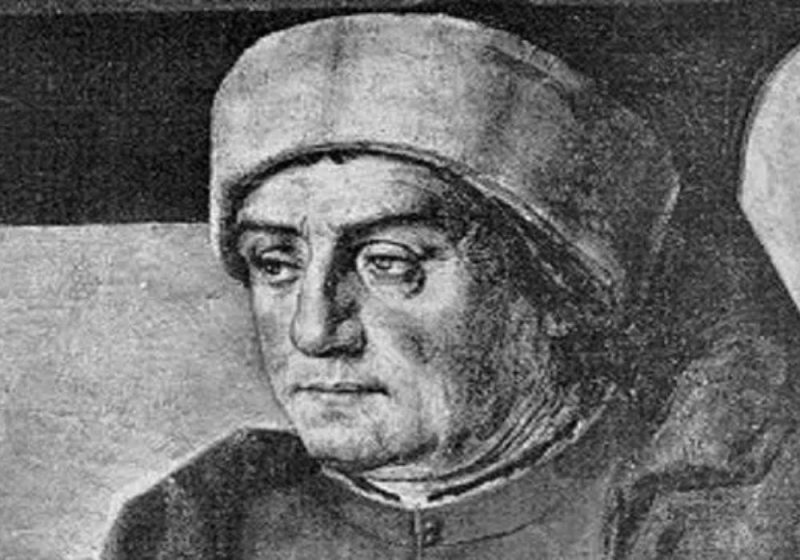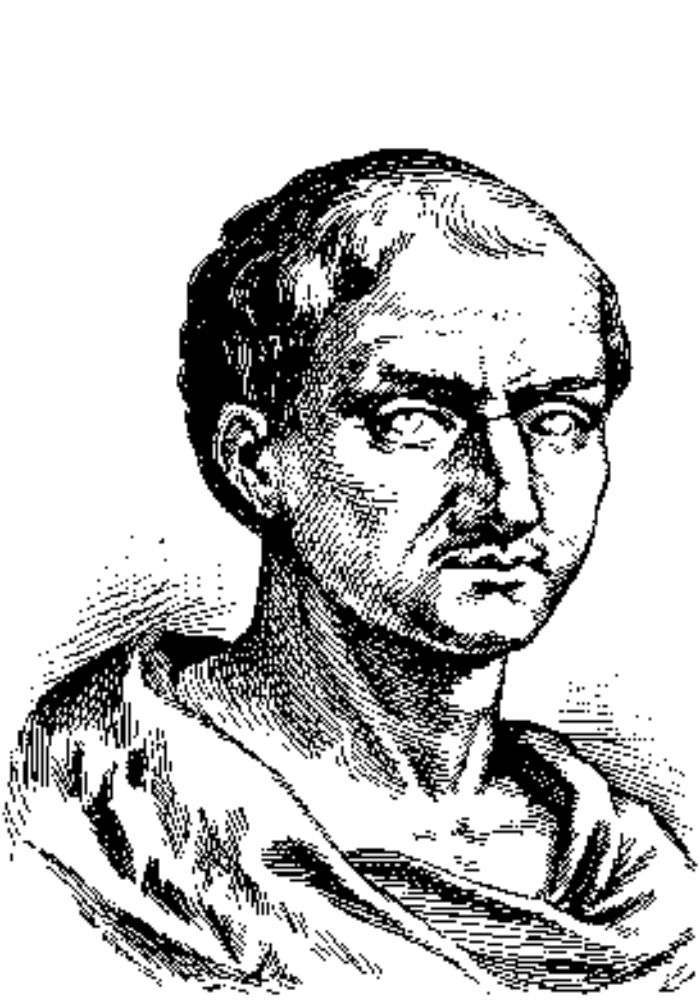Anicius Manlius Severinus Boethius

Boethius was a statesman, philosopher, and scholar from Rome who practiced Christianity. He rose to the heights of literature with his groundbreaking work on Neo-Platonism, De Consolatione Philosophiae (Consolation of Philosophy). He claims in his book that the sacred union of knowledge and Divine Love is the source of genuine happiness.
His scholastic endeavors included the full works of Plato with additional commentary, notes, and glosses, as well as the translation of Aristotle's logic from Greek into Latin. Convicted on further accusations of using magic and sacrilege in addition to openly supporting senator Albinus. Consolation of Philosophy, most illustrious and most intimate work, was written while he was imprisoned. His intellectual justifications were Platonism with a dash of literary beauty.
Anyone who has read the Consolation of Philosophy, Boethius' most well-known work, is familiar with his last years. He agreed to take the position of "Master of Offices," one of Theoderic's highest ranking officials, but he rapidly developed a bad reputation at court, most likely because he exposed their wrongdoing. He was imprisoned and executed (perhaps in 526) after being charged with treason and using magic, but not before he had the chance to complete his literary masterwork. As a result, his sole chance was to await his reward on the other side of death after his execution in 524.
Time: 470/75 - 524











